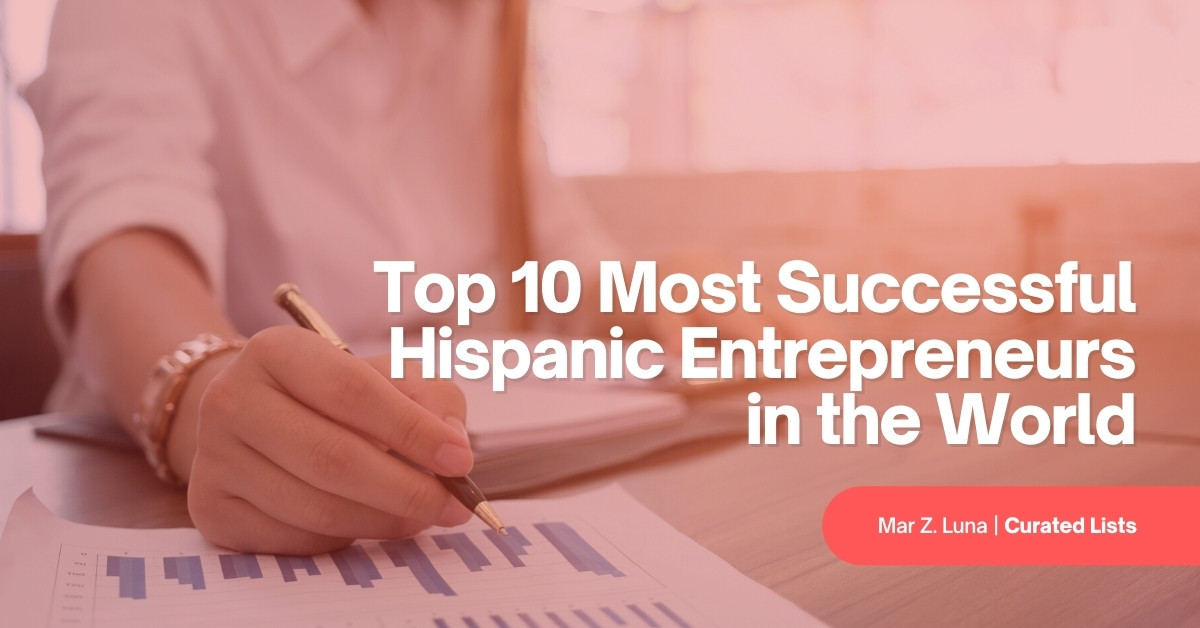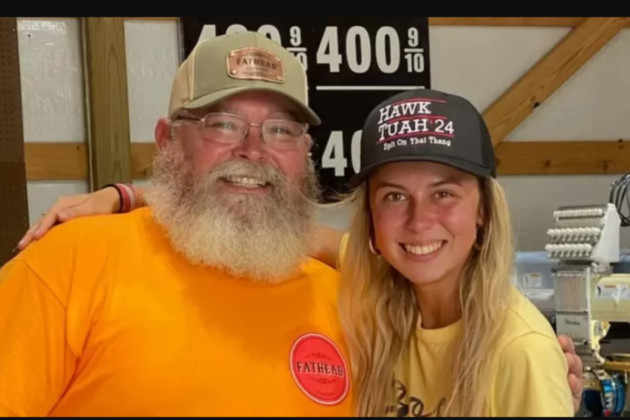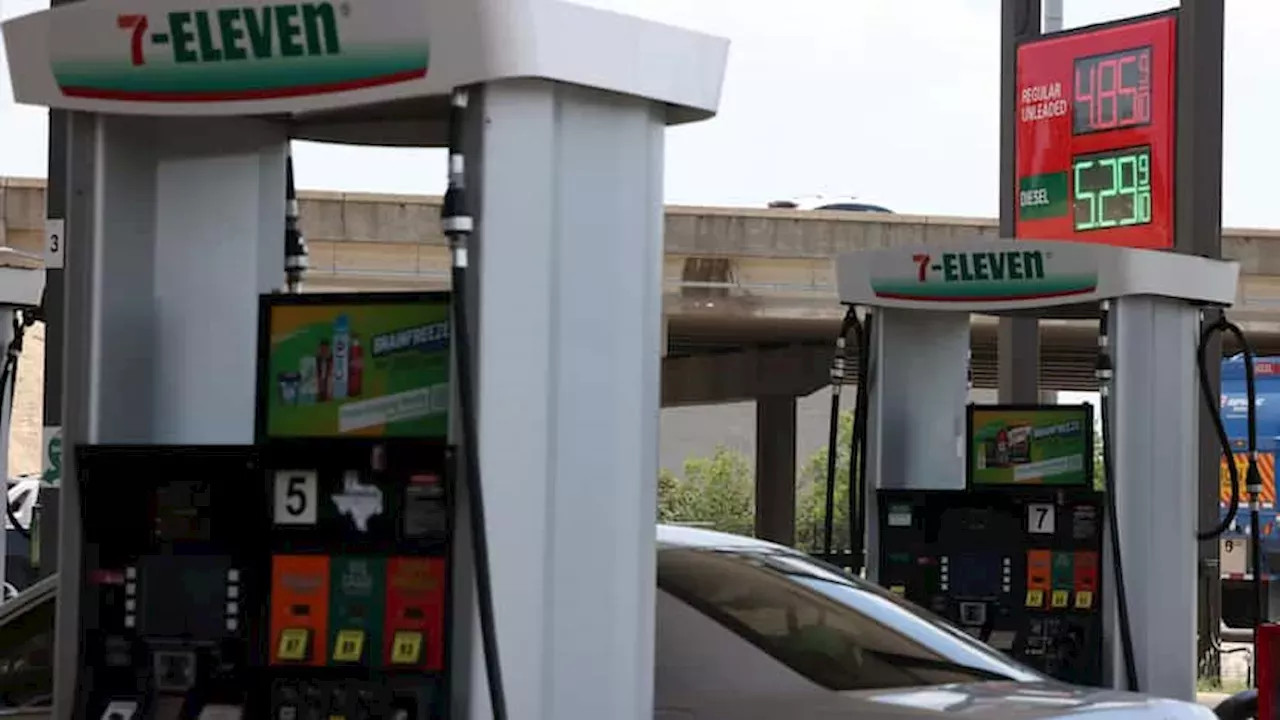Each year from September 15th to October 15th, Americans celebrate National Hispanic Heritage Month as a time to recognize the many contributions, diverse cultures and extensive histories of the Hispanic and Latino communities in the United States. The Biden-Harris administration, small business boom, is being driven in large part by Hispanic founders, business owners and innovators. During Hispanic Heritage Month, the U.S. Small Business Administration is shining a spotlight on the incredible spirit of this diverse community, while also highlighting the Small Business Administration's historic work to help more Hispanics than ever realize their American dream of business ownership.
The Hispanic community is one of the most entrepreneurial spirited groups in the nation. It lives in the dreams of those who have only just arrived here and in the legacy of families who have been here for centuries. Their faith and drive have pushed our country to grow, prosper and pursue its highest ideals. Since 2021, our nation has seen the fastest creation rate of Latino-owned small businesses in more than a decade. According to recent studies, more than 73 percent of small business owners say their business has grown in the last year, with an even higher percentage of Latino owners (80%) saying the same.
As the highest-ranking Latina on the president’s cabinet, U.S. Small Business Administration Administrator Isabella Casillas Guzman is committed to the success of Hispanic communities. More Hispanics than ever before are seizing the opportunity to create new businesses which improves their cities and neighborhoods. Last year, the SBA loaned a record $3 billion to Hispanic entrepreneurs and assisted Latino businesses access nearly $10 billion in federal contracts. Economic data also shows that five million Latino-owned businesses contribute $800 billion each year to our local economies. In Colorado, Hispanics own nearly 70,000 businesses employing thousands of workers and contributing millions of dollars to their local cities and towns. Across my six-state region, The SBA regularly engages Latino organizations including Hispanic chambers of commerce, minority supplier councils, workforce development boards, and community-based groups that support Hispanic business advocacy and outreach.
Driving Forces Behind the Hispanic Entrepreneurial Boom
Early on, President Biden directed the development of an ambitious, government-wide interagency plan to advance equity, justice, and opportunity for minority, veteran, women, and rural communities. The SBA established four equity goals that focus on direct assistance including increased access to capital for underserved communities; expanded use of federal contracts to boost minority, veteran, and women-owned businesses; greater support and expanded access to disaster assistance; and increased availability of business counseling, training, and services.
These equity goals are in addition to the legislative successes over the last several years including the American Rescue Plan, the bipartisan Infrastructure Investment and Jobs Act, and the Inflation Reduction Act of 2022 which makes urgent investments that will bring down costs, level the playing field, and open historic opportunities for America’s 36 million small businesses and innovative startups – especially those businesses located in underserved areas.
A Call to Action: Investing in the Future
During National Hispanic Heritage Month, we carry on the important work of honoring Hispanic culture and entrepreneurship. Let us give thanks to the many generations of Latino leaders who have helped build this country and continue to fight for equality and justice. Let us also pledge to invest in the next generation of Hispanic entrepreneurs who hold the destiny of our Nation in their hands. For more information on SBA’s programs and services, please visit www.sba.gov and remember to follow us on Twitter @SBArockymtn.
Celebrating Success, Shaping the Future
Aikta Marcoulier serves as the SBA’s Regional Administrator in Denver. She oversees the agency’s programs and services in Colorado, Montana, Utah, North Dakota, South Dakota and Wyoming.

















